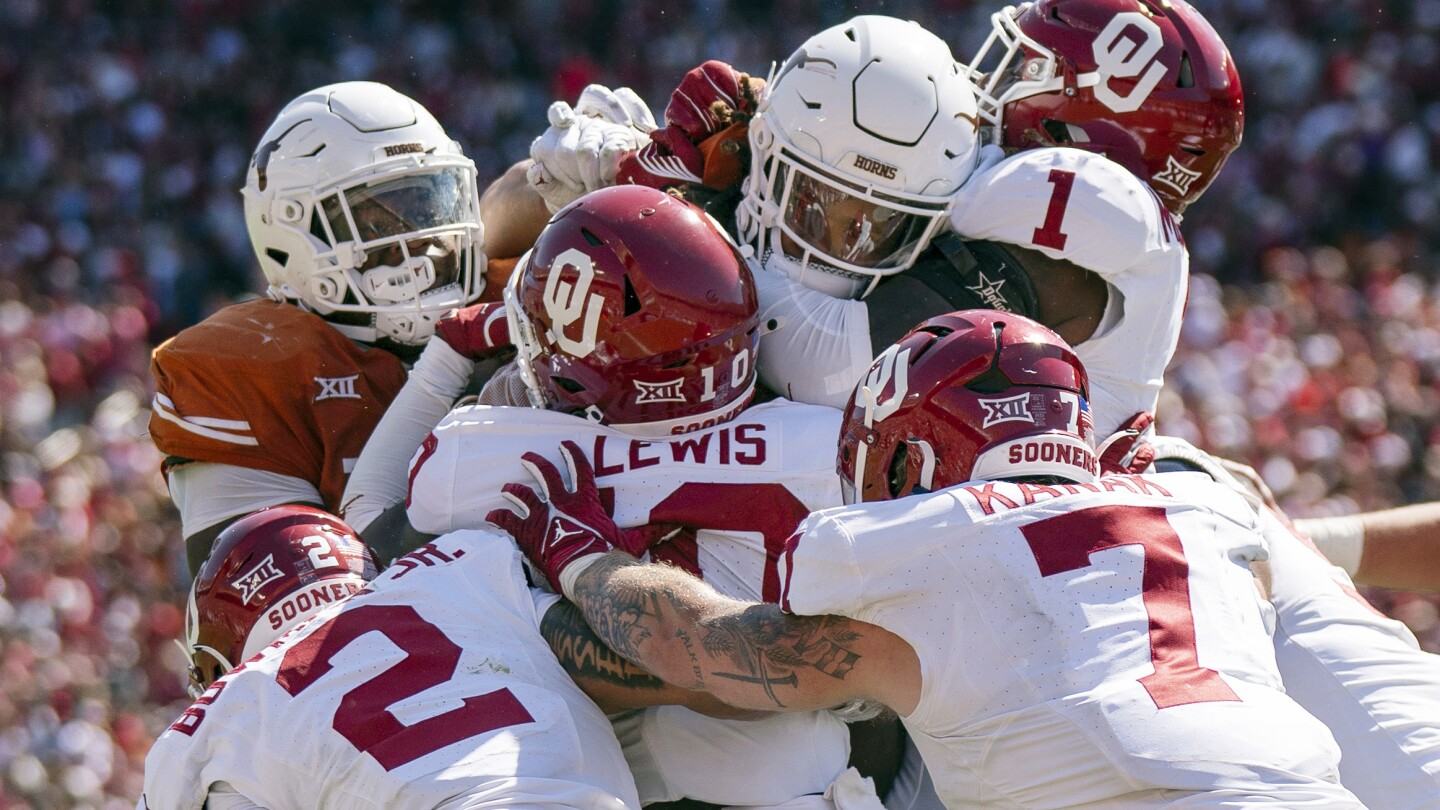At a reception attended by several university presidents in Manhattan, Arizona State President Michael Crowe was asked to ponder a not-too-distant future where Sun Devils football and basketball players get a cut from the billions of dollars their sports generate in media rights deals.
“I don’t support that. And so are we preparing for it? The answer is no, we’re not,” Crowe recalled. “That is not an outcome which is conducive, in my view, to the success of the pluralistic, gender-balanced, college-sports framework that we presently have in the United States.”
All the same, the NCAA and major college sports conferences are facing yet another antitrust lawsuit — among other legal and political challenges — that could force decision-makers to reckon with a reality where some athletes are paid employees or at least get money in a revenue-sharing model that looks a lot like professional sports.
House vs. the NCAA is a class-action lawsuit being heard in the Northern District of California by Judge Claudia Wilken, whose previous rulings in NCAA cases paved the way for college athletes to profit from their fame and for schools to direct more money into their hands.



Paying them with an education is a good start, but it's a pittance compared to the amount of money they are bringing in for other people. Arguing that their education is the only compensation they should be getting is akin to saying "we don't need to pay the staff at our restaurant because we give them a free lunch during their shift."
I don't know what the answer is, but continuing to just offer them a scholarship while the adults in charge make money off their labor definitely isn't it.
How about the profits go to lower tuition cost of that college? Everyone wins right? Right?
this is where i always hear crickets also… if the sports 'programs' are to help students, why arent 100% of the profits not dumped right back into the actual education process… because profits gotta profit.
Putting the profits into lowering the cost of tuition would be a good idea, however the schools would just argue that the revenue from sports programs already go into lowering tuition. And since it is all counted as revenue, if you lower either source then your overall revenue is lowered.
Let's say that you have 2 sources of income: your job, and your hobby. Let's say your job pays you $100k and your hobby brings in $50k. If your employer said that they were going to lower your salary to $75k because your hobby is bringing in a decent amount of money, you probably wouldn't go for that.
This isn't to defend the schools, just pointing out that the issue is a bit more complicated than this solution would indicate.
Well the analogy is to lower the employers income to lower the revenue, not employees . Why? Because they take in disproportionately more from what the hobby is raking in.
You'd have to kill title IX to make that happen.